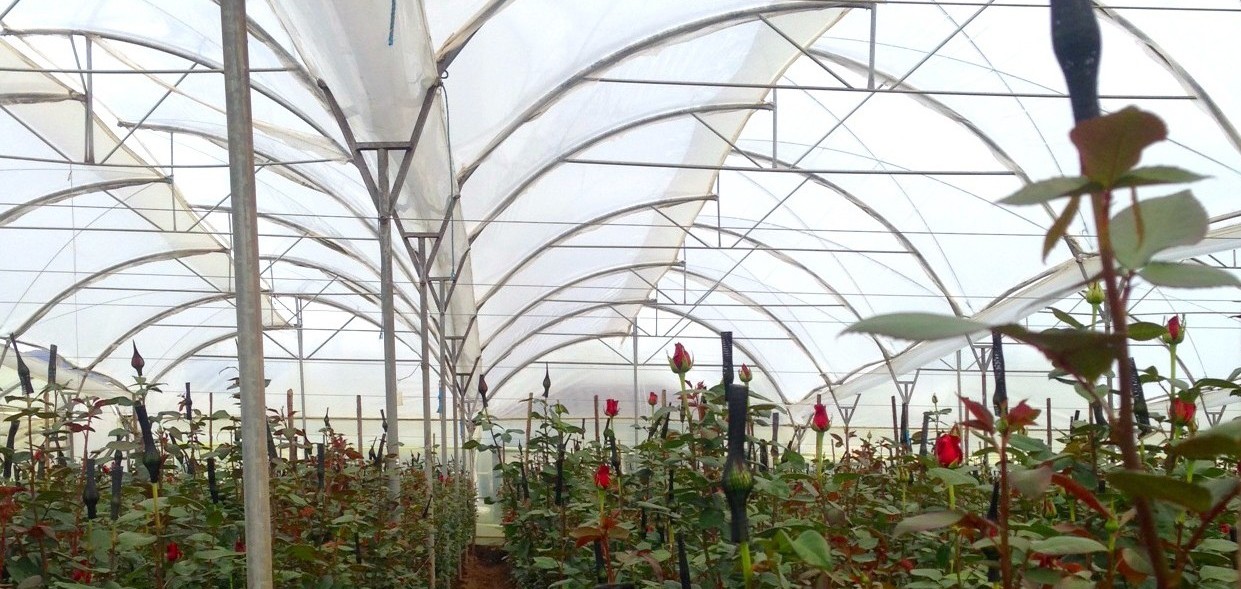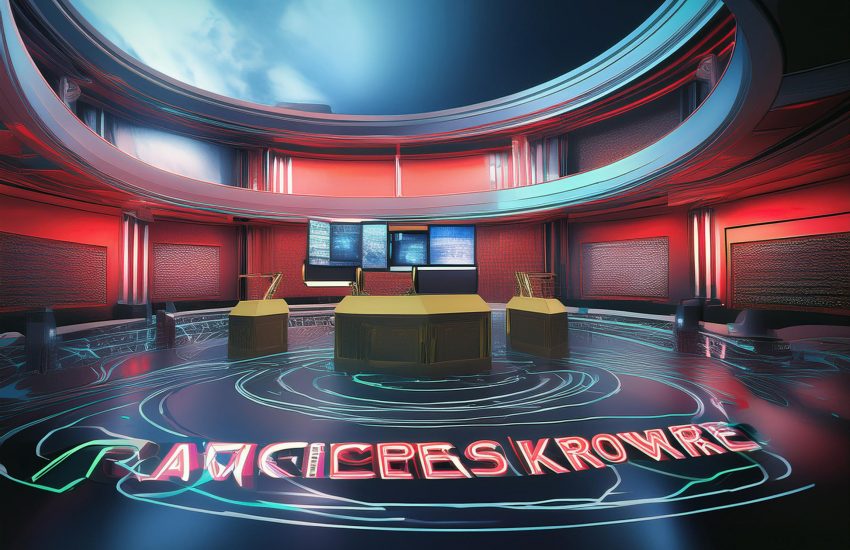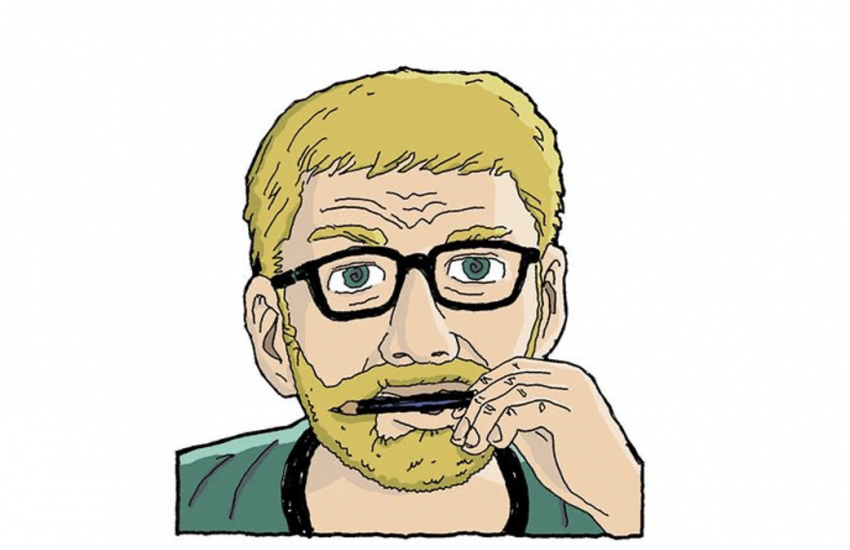Stacey Vanek Smith makes economics reporting fun
Stacey Vanek Smith is a reporter with Planet Money, a National Public Radio show that covers economics by blending human stories with conversational, explanatory reporting. Smith spoke with Storybench about a 17-minute story she produced last month on a question that was timely for Valentines’s Day: What is the story behind the flowers we buy at the florist?
Where did you get the idea for the story?
Last year when I was working for Marketplace I was looking at the price of things on Valentine’s Day. How much can you expect to pay for Valentine’s Day essentials? Stuff like that. I met this guy Jan Ooms at a flower shop near Grand Central in New York City. He told me about all the extra risk the farmers take on to grow red roses. He said, “We have to contract out the field in Ecuador in November.” I knew there was a story there.
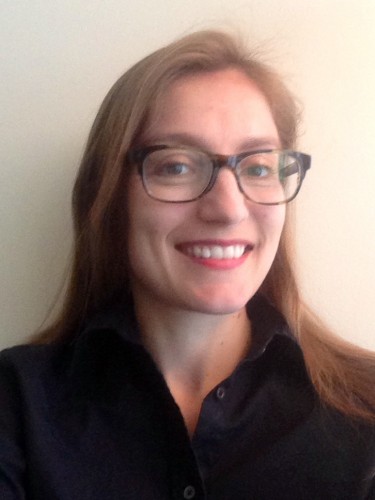
What was the original pitch?
I was going to tell the story from the point of view of risk (to ask) why Valentine’s Day roses cost so much. The original theme was that I would try to record Ooms’ process from his point of view.
How did you end up going to Ecuador?
I didn’t know I was going to Ecuador. It was amazingly seamless. I was also reporting a piece on chocolate and cocoa and I was talking to Caitlin Kenney (the supervising senior producer for Planet Money). The pieces were due in two-and-a-half weeks and she said “Maybe you should go.” I talked to the chocolate guy on the phone and he was great. Once I realized I could fly to Ecuador, I called up my flower guy. He emailed his guy and I literally just showed up at the Quito airport and Juan Torri (the flower farmer) was there and drove me to the farm an hour away in Cayembe. I only spent one day on the farm and they were very generous with their time.
In your story, the farmers get worried once the clouds roll in because, as you mention, colder temperatures affect when the roses bloom. How did the story change once you were in Ecuador?
It turned out that it was a really cold year and things came down to the wire. I didn’t know all the drama was going to happen. When I got there they were a little freaked out that it was cold. They were super jumpy. It ended up being a more dramatic story than I imagined.
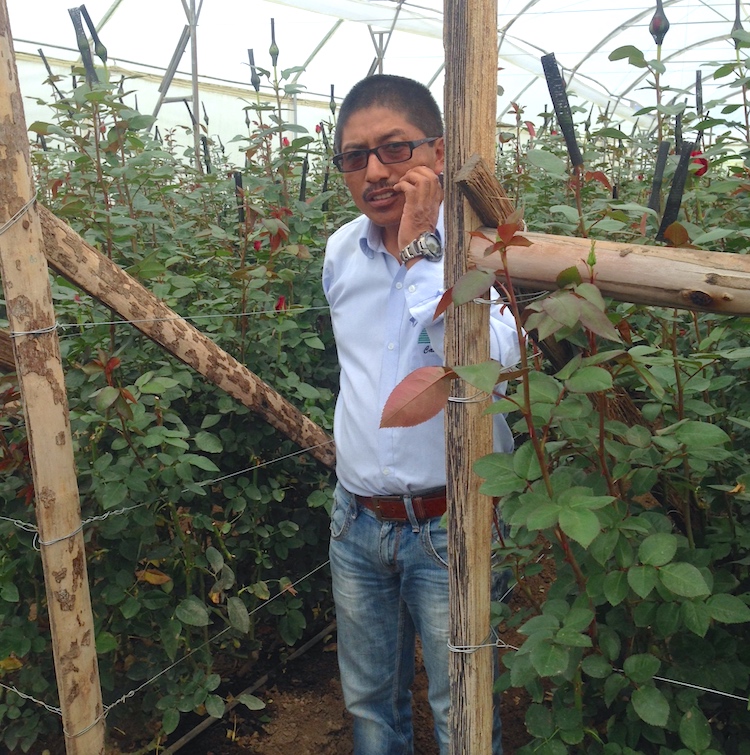
Tell us about Hector Bacha the plant engineer. He was a great addition.
I knew nothing when I showed up at the farm but Juan really wanted me to meet Hector because Hector knows everything about the roses. He was so serious and super stressed out. He was very weirded out by being recorded. He didn’t know I was coming. But then he started loosening up a little more and he was so amazing. He kept looking over my shoulder at the roses. He was so focused on the flowers. This was clearly his life.
Why did you choose to include Amy Stewart, the author of Flower Confidential?
I wanted someone who could talk a little about the industry with a little bit of distance. I didn’t really want an economist but rather someone who just knew the business and she did. There was a piece in The Economist about flowers and she was quoted in that. So I called her and she knew a lot about the history of Valentine’s Day, too.
You end the story with a character buying flowers for his wife. Tell us about finding an ending.
I wanted the story to be completed and have a sweet ending. I was hoping for a warm fuzzy moment and I got something that wasn’t quite that. That happens all the time, when you’re hoping someone will say something in a certain tone but people are people. That’s the fun of it.
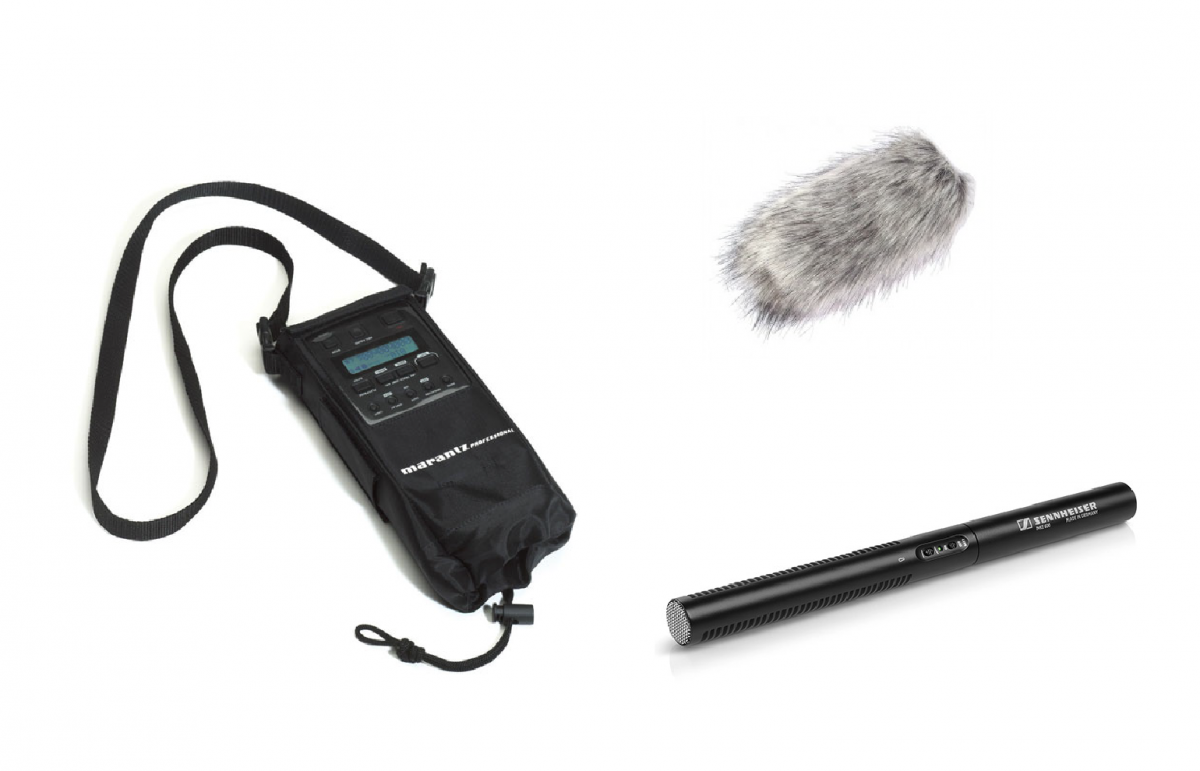
What kind of equipment do you use and how much tape did you get?
I brought a Marantz 660 and a Sennheiser shotgun mic which were great because there was a lot of background noise. I had a dead cat (a windscreen microphone cover) because it was super windy. I brought backups for everything; my bag weighed a million pounds. I wanted to keep rolling all the time. I filled up three 8-gig cards. I had 28 hours of tape.
Tell us about your script writing process.
The process at Planet Money is great. I basically do a really messy first draft because everyone wants to hear your tape. We do a group edit with six people where you’re basically just trying to play the tape for them. You have a rough structure. The first edit is a very intense edit. Once the structure is down, I write the script with Robert (Smith, Planet Money correspondent). The script is written but then we try to sit in the studio and not look at the script so much, which is really hard.
What are your tips for getting good sound and getting good interviews?
Sound
Basically what I do is I roll tape the entire time from the second I get in the car or say hello and record almost the entire time. On the Marantz you can hit the record button again to start a new track. That helps for organizing and logging later on. As for getting background noise, we call it establishing sound. You want to get everything. You want the sound of that car door slamming.
Interviews
I get people to tell the same story over and over and over again. For Planet Money, they have to walk us through it; they have to tell the story so many times. They have to really slow down to get back into the moment. It’s the only way we’ll get every detail.
What advice do you have for people getting into radio?
Experiment
I started out at Marketplace as a producer on the overnight shift. I had all this equipment to myself. There was no engineer there so I could just try out every possible thing. It was a nice low stakes way to start out. I would voice things over and over and over again just to try things out. I could mess up.
Be professional
If you are professional you will be exceptional. People that are reliable are worth their weight in gold. Being competent is actually really rare.
What do you think of the future of radio?
It’s such a great time to be in podcasting and radio. It feels like there’s a lot happening. Serial was a big game changer. There are a lot of really talented people in podcasting.
Planet Money has shown me a different way of thinking about sound and how you use it. You can travel (on a journey with the listener) in a longer piece. I would never have rolled (tape) for so long before. I would have gotten a couple hours of sound and had to work with that. Now I roll (sound) the entire time.
